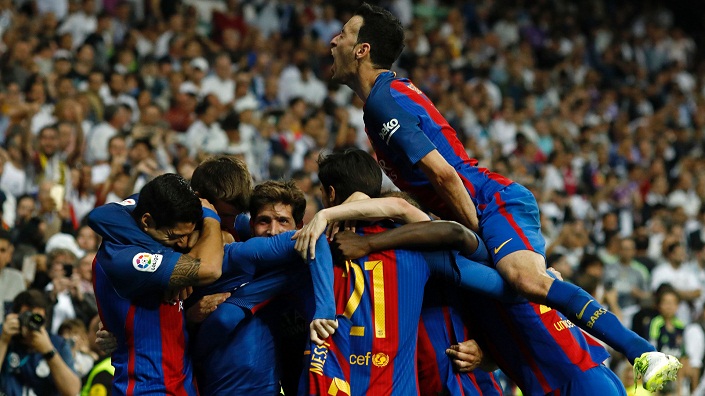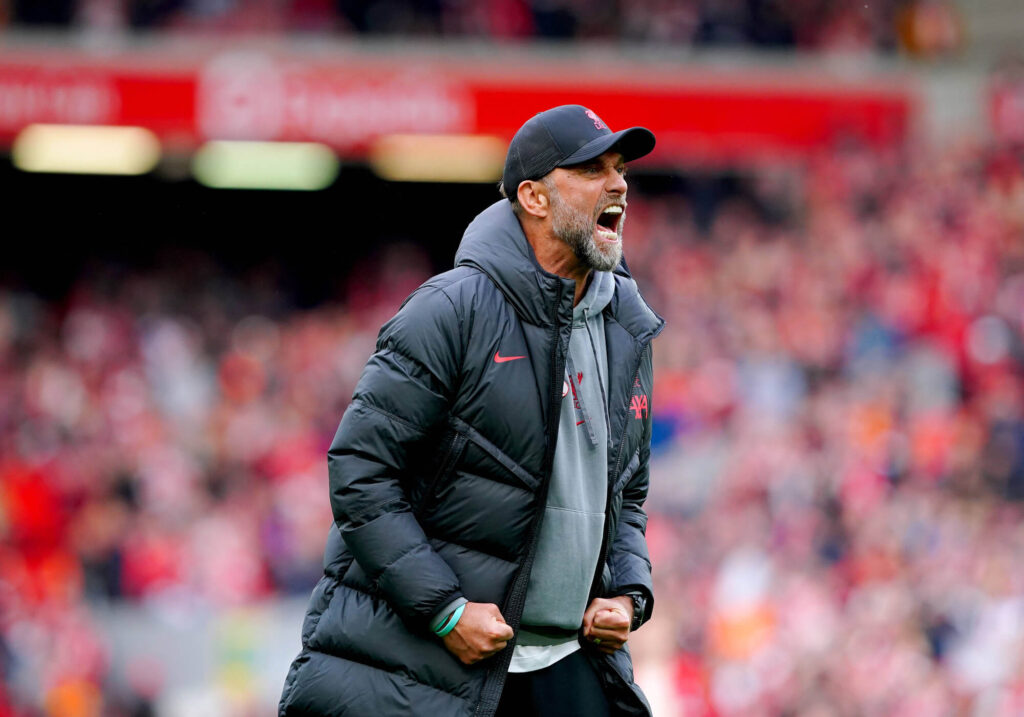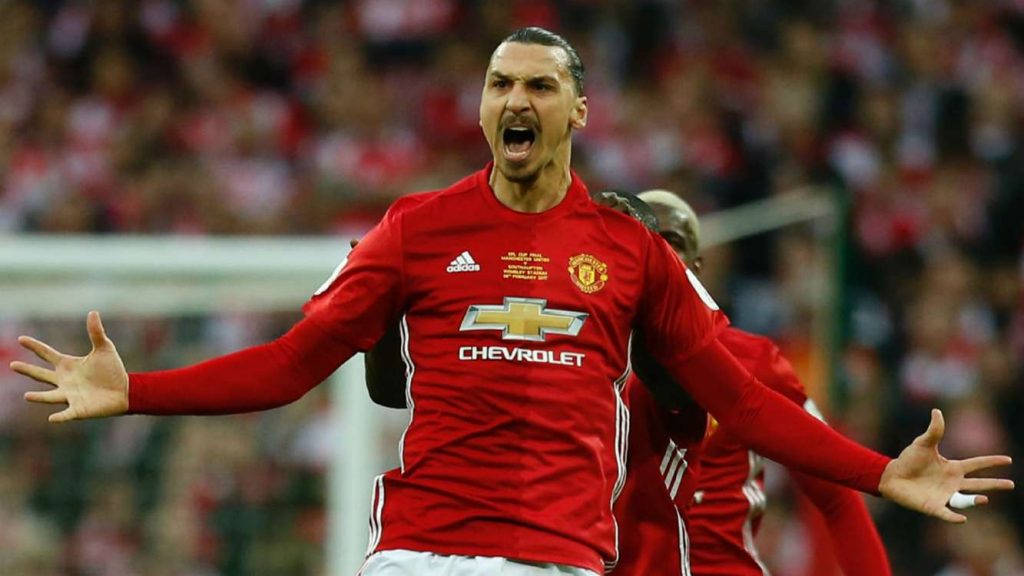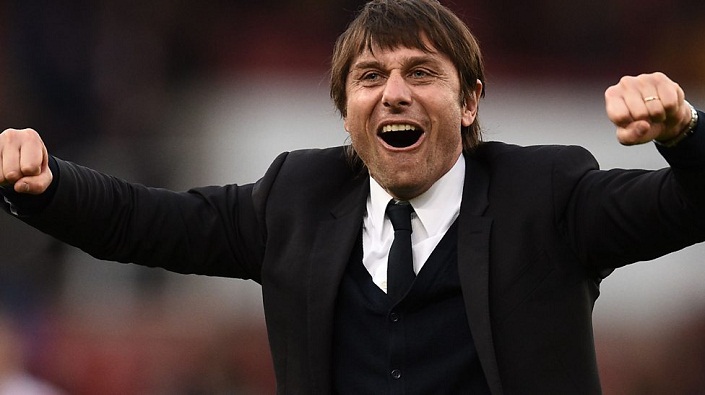Football is more than just running fast or scoring goals. For a player to arise victorious, something very deep must be present in him: mental toughness. This includes being focused, confident, and motivated during hard times, bouncing back from failures, and entering high-pressure situations.
In recent times, football clubs and academies recognized that a player’s mental strength maintains an equal stature with technical skills. Hence for many top teams, training young players goes beyond the mere physical training of their body to training of the mind.
Modern Way of Training in Football Academies
Previously, training would focus on physical strength, fitness, and ball control. But even though these are still prime considerations, mental training has entered the modern academy. This has helped players to handle the pressures of competitions better.
Clubs such as Barcelona, Ajax, and Manchester City have injected sports psychology into their training syllabus. From as early as ten years old, players are taught to remain calm under stress, control emotions effectively, and instill confidence. This goes a long way in carving balanced professionals who can tackle a challenging match and life itself outside the pitch.

What Is Sports Psychology?
Sports psychology is the study of how the mind affects sports performance. It helps athletes focus better, handle pressure, and recover from setbacks. Earlier, only top-level stars used these techniques. But now, even young players in academies learn these tools as part of their daily routine.
Clubs hire professional sports psychologists to work with both youth and senior teams. These experts use techniques like:
- Mindfulness (being calm and aware),
- Breathing exercises (to reduce stress),
- Positive self-talk (to build confidence),
- Mental exercises like visualizing success.
Top managers like Jürgen Klopp and Pep Guardiola often talk about the importance of mindset in their teams. They know that belief and emotional strength can win games just as much as tactics and talent.

Building a Strong Mindset
At the heart of mental toughness is a strong, positive mindset. Many academies now teach players to develop a growth mindset—a belief that they can get better through practice and learning.
Coaches encourage players to:
- See mistakes as part of the learning process.
- Accept feedback without getting discouraged.
- Stay motivated even when they’re not selected or get injured.
One helpful method is called “reframing.” When a player makes a mistake, they are taught to look at it differently—not as a failure, but as a chance to improve. This helps build resilience—the ability to bounce back quickly.

The Power of Visualization
Visualization is a popular mental tool in football. It means imagining yourself succeeding in a game. For example, a player might close their eyes and picture scoring a free kick or making a perfect tackle.
This kind of mental practice prepares the brain for real action. It reduces nerves and helps players feel more confident on the field. Many players do this before a match or during training sessions. Over time, it becomes part of their game-day routine.
Setting Goals – Short and Long Term
Another key mental skill is goal-setting. Coaches teach players to make both short-term and long-term goals. This gives direction and keeps motivation high.
- Short-term goals might be improving passing accuracy or fitness in one week.
- Long-term goals could be becoming a first-team player or playing for their country one day.
Tracking progress and celebrating small wins helps players stay focused and committed, especially during tough periods like injuries or when they’re not picked to play.

Dealing with Failure – The “Bounce-Back” Factor
Failure is part of football. Players miss penalties, lose matches, or get dropped from teams. What matters is how they respond.
Sports psychologists teach players the “bounce-back” factor—the ability to recover from setbacks. Players learn not to dwell on mistakes. Instead, they’re trained to move on quickly, learn from what happened, and stay ready for the next chance.
Some players use “reset rituals” to help them refocus. This could be taking a deep breath, tapping their chest, or clapping their hands. These small actions remind them to stay calm and keep going.
The Role of Coaches
Coaches have a huge influence on building mental toughness. Their attitude, words, and training style shape how players think and feel.
Today, many coaches are trained in basic sports psychology so they can support players better. They use the following methods:
- Positive Reinforcement: Praising effort and improvement, not just wins and goals.
- Simulated Pressure: Creating pressure moments in training, like timed drills or 1v2 scenarios, to help players learn to stay calm.
- Controlled Failure: Allowing players to make mistakes during practice to help them learn to manage stress and frustration.
- Open Conversations: Encouraging players to talk about what’s bothering them. This helps players feel supported and less anxious.

Simple Tips Coaches Use to Build Mental Strength
Here are some easy but powerful strategies used in academies:
- Pre-Match Routines – Doing the same warm-up or breathing exercises before each game to reduce nervousness.
- Focus on the Process – Telling players to focus on their job (e.g., marking an opponent) instead of worrying about the score.
- Mindfulness & Breathing – Short sessions before training to help players stay relaxed and focused.
- Role Model Stories – Sharing examples of famous players like Lionel Messi or Mohamed Salah, who overcame difficulties.
- Personal Accountability – Having players set their own weekly goals and reflect on what went well or what they can do better.

Can It Really Be Taught?
The short answer is: Yes. Mental toughness is just like any other skill that can be developed with training. It can be acquired through learning, and enhanced through practice. It can come naturally to some people, but the majority of athletes have to work hard on developing it over time.
Supported by their coaches and sport psychologists, young athletes learn to:
- Keep calm and composed during pressure situations,
- Regain composure after failures,
- Set objectives,
- And develop self-confidence.
Physically and mentally fit are the words used more often today for footballers. The human mind is regarded as one of the strongest instruments used in the sport nowadays. Speed or strength are not enough for today’s athlete; he needs to be mentally resilient. Higher and higher-level football players are working with sports psychologists, receiving emotional support, and undergoing structured mindset training to condition their minds much the same way that they condition their bodies. This means that mental toughness isn’t something you are born with; rather, you build it.
